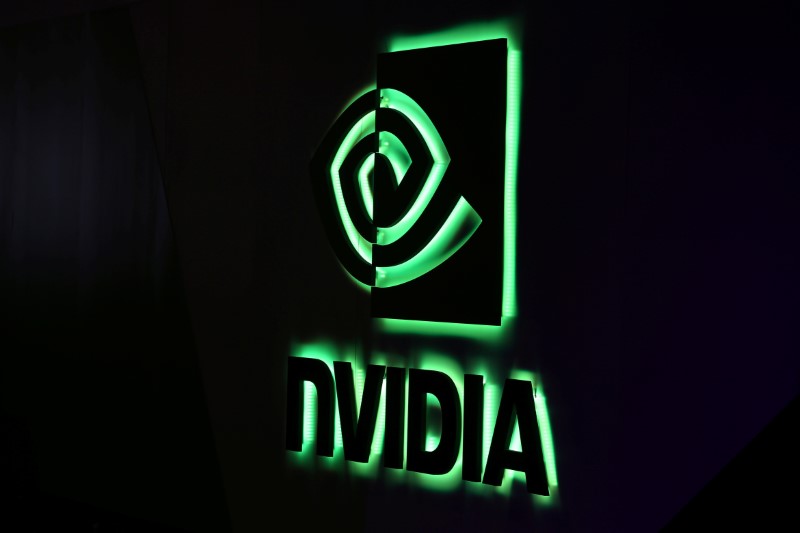Samsung Electronics' latest high bandwidth memory (HBM) chips have been struggling to pass Nvidia's (NASDAQ:NVDA) tests for use in the U.S. company's AI processors due to heat and power consumption problems, Reuters reported Friday, citing sources familiar with the matter.
The issues affect Samsung's HBM3 chips, which are currently the fourth-generation standard most commonly used in GPUs for AI, as well as the upcoming fifth-generation HBM3E chips that Samsung and its competitors plan to release this year.
According to Reuters, this is the first time the reasons for Samsung's failure to meet Nvidia's testing requirements have been reported.
Samsung told the news outlet that HBM is a customized memory product that necessitates "optimization processes in tandem with customers' needs," and that it is actively optimizing its products through close collaboration with customers.
In a separate statement, the South Korean tech giant asserted that "claims of failing due to heat and power consumption are not true," and that testing is "proceeding smoothly and as planned."
In their comments on the report, Wells Fargo analysts said they see this development as a positive for Micron (NASDAQ:MU), another renowned provider of HBM chips.
Analysts also believe that the reports will likely reignite concerns over AMD’s (AMD (NASDAQ:AMD)) HBM3 supply dynamics. The chipmaker recently said it has secured enough supply to exceed its MI300A/X GPU target of more than $4 billion in 2024.
“Reports earlier this year suggested that AMD's MI300 GPUs were architected to support HBM3E, which leaves us to consider a MI300 HBM3E refresh possibly in 2H2024 — we think MU's HBM3E solutions could be qualified,” the Wells Fargo team wrote.
